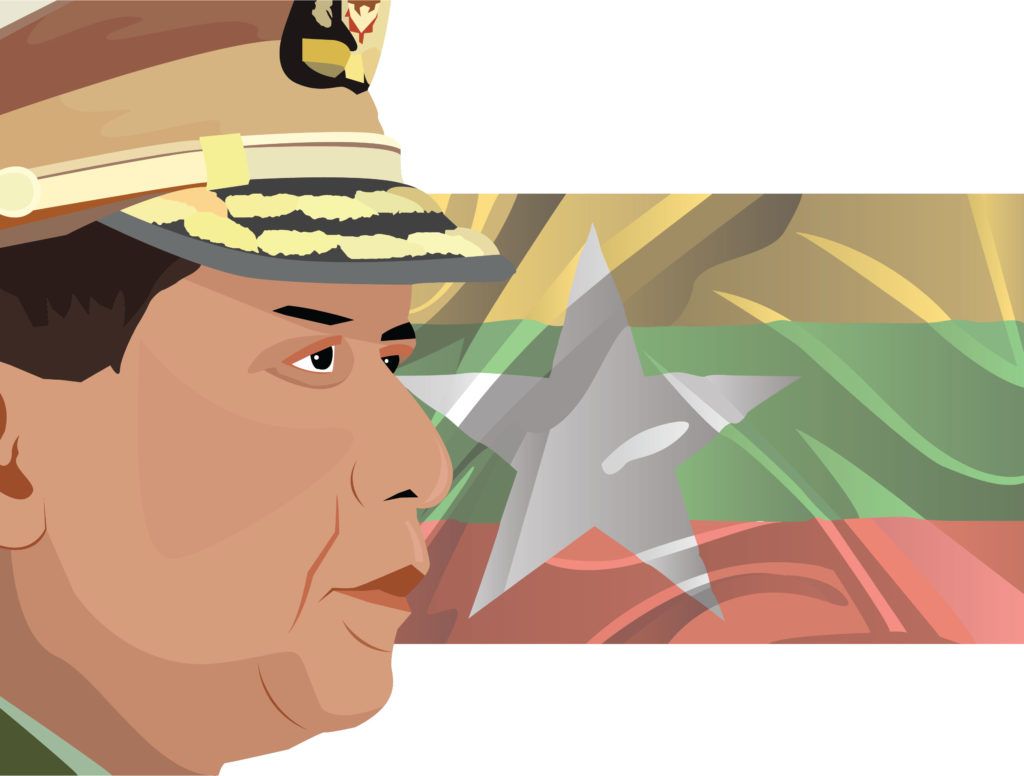Myanmar, a southeast Asian nation of numerous monasteries and golden pagodas, home to the finest rubies in the world and picturesque landscape is now under military rule for the third time since its independence from the British empire in 1948. After the Rohingya crisis, the country is yet again in the international spotlight for the killings of more civilians including women and children. According to the Assistance Association for Political Prisoners (AAPP), a monitoring group, more than 3300 people have …
The Debacle Of Myanmar’s Fragile DemocracyRead More »
Interested in non-clickbait content? Become a member today.
You'll get access to:
- All content
- Comic Books
- Personalized cartoons
- Member credits in our videos and much more!
Become a member
Already a member? Log In


